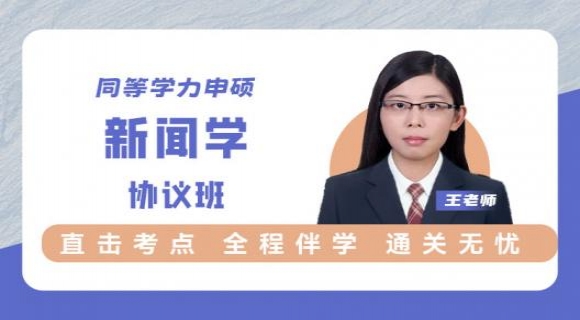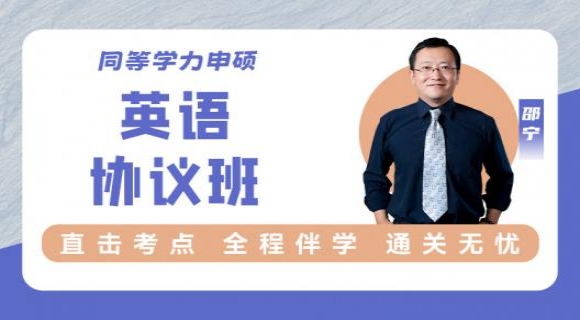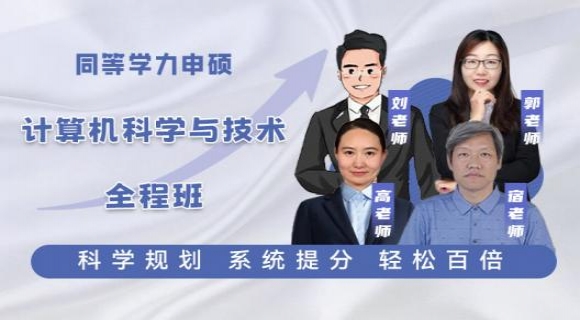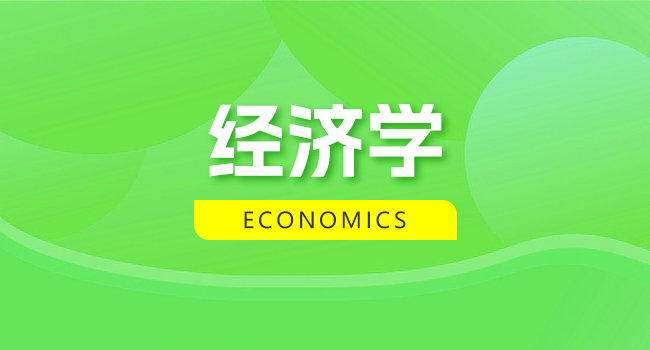英语每日一练
The power and ambition of the giants of the digital economy is astonishing—Amazon has just announced the purchase of the upmarket grocery chain Whole Foods for$13.5bn,but two years ago Facebook paid even more than that to acquire the WhatsApp messaging service,which doesn’t have any physical product at all. What WhatsApp offered Facebook was an intricate and finely detailed web of its users’ friendships and social lives.
Facebook promised the European commission then that it would not link phone numbers to Facebook identities,but it broke the promise almost as soon as the deal went through.Even without knowing what was in the messages,the knowledge of who sent them and to whom was enormously revealing and still could be.What political journalist,what party whip,would not want to know the makeup of the WhatsApp groups in which Theresa May’s enemies are currently plotting? It may be that the value of Whole Foods to Amazon is not so much the 460 shops it owns, but the records of which customers have purchased what.
Competition law appears to be the only way to address these imbalances of power.But it is clumsy. For one thing, it is very slow compared to the pace of change within the digital economy. By the time a problem has been addressed and remedied it may have vanished in the marketplace, to be replaced by new abuses of power.But there is a deeper conceptual problem, too. Competition law as presently interpreted deals with financial disadvantage to consumers and this is not obvious when the users of these services don’t pay for them.The users of their services are not their customers.That would be the people who buy advertising from them—and Facebook and Google,the two virtual giants,dominate digital advertising to the disadvantage of all other media and entertainment companies.
The product they’re selling is data,and we,the users,convert our lives to data for the benefit of the digital giants. Just as some ants farm the bugs called aphids for the honeydew they produce when they feed, so Google farms us for the data that our digital lives yield.Ants keep predatory insects away from where their aphids feed; Gmail keeps the spammers out of our inboxes. It doesn’t feel like a human or democratic relationship,even if both sides benefit.
1. According to Paragraph 1, Facebook acquired WhatsApp for its.
A. digital products
B. user information
C. physical assets
D. quality service
2.Linking phone numbers to Facebook identities may.
A. worsen political disputes
B. mess up customer records
C. pose a risk to Facebook users
D. mislead the European commission
3.According to the author, competition law.
A. should serve the new market powers
B. may worsen the economic imbalance
C. should not provide just one legal solution
D. cannot keep pace with the changing market
4.Competition law as presently interpreted can hardly protect Facebook users because.
A. they are not defined as customers
B. they are not financially reliable
C. the services are generally digital
D. the services are paid for by advertisers
5.The ants analogy is used to illustrate.
A. a win-win business model between digital giants
B. a typical competition pattern among digital giants
C. the benefits provided for digital giants’ customers
D. the relationship between digital giants and their users
————————————————————
正确答案
1. 【答案】 [B]user information
【解析】细节题。根据题干信息定位到第一段第二句。该句提到两年前Facebook花了更多的钱获得了WhatsApp的信息服务。接着提到WhatsApp提供给Facebook的是关于其用户的朋友圈以及社会生活等具体精炼的信息。由此可知,B项为正确答案。
2. 【答案】[C]pose a risk to Facebook users
【解析】细节题。根据题干关键词linking the phone number定位第二段第一句。该句提到Facebook向欧洲委员会承诺不会把用户的电话号与Facebook的身份认证联系到一起,但是协议通过之后Facebook立马失信。接下来提到“甚至都不清楚信息里面都有什么,也不知谁发的消息,发送的目的又是什么”。因此,可能会给用户造成风险。因此C项符合文意。
3. 【答案】[D]cannot keep pace with the changing market
【解析】细节题。根据题干关键词competition law 定位到第三段第一句。该句指出“竞争法似乎成为解决这些不平等权力的唯一办法,但是此法案太过笨拙”。下一句提到“一方面,相比于数据经济变化的速度,此法案发展是非常缓慢的”。由此可知,该法案跟不上当前市场变化的步伐。因此D项为正确答案。
4. 【答案】[D]the services are paid for by advertisers.
【解析】根据题目中的because 可确定为因果细节题。题干中的信息出现在第三段后半部分,是题目中的原词 competition law as presently interpreted,而原因在其后面的句子。下文写到,the users of their services are not,读到这里的not,一定要找而是谁。继续读下一句,That would be the people who buy advertising from them…,与选项对应,可得出[D]the services are paid for by advertisers。
5. 【答案】[D]the relationship between digital giants and their users.
【解析】根据题目中is used to illustrate可判断为例证题,要找到the ants analogy论据所证明的论点;论点在论据之前,因此先找到论据the ants analogy,再找到论据前的论点句。所以本题定位到最后一段的第一句,The product …is data,and we…convert our lives to data…。此句中,data即digital giants,we 即 users。因此答案为[D]the relationship between digital giants and their users.














